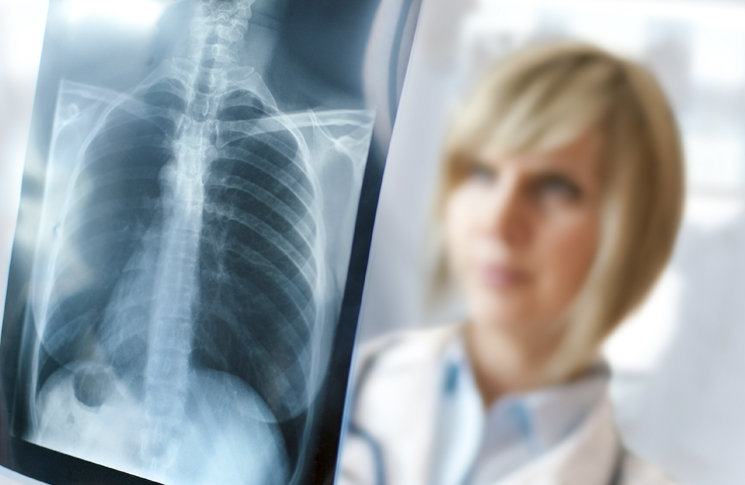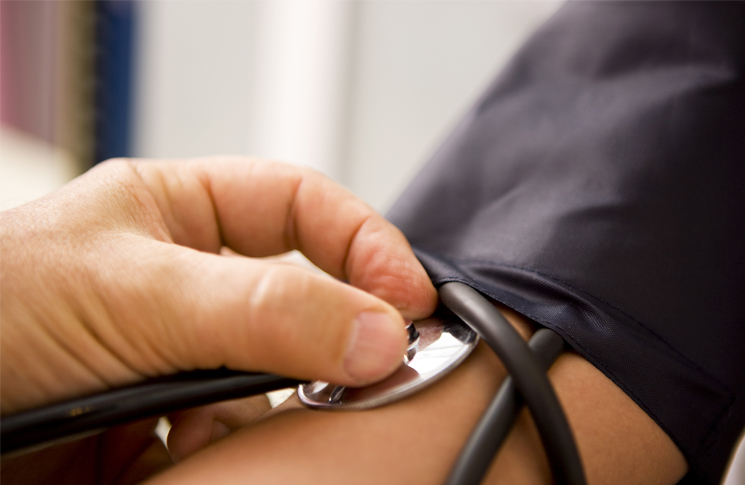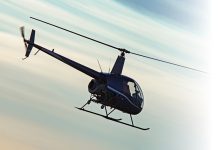Reporting your medical issues doesn’t necessarily mean curtains on your aviation career
As sure as death and taxes, there’s a third certainty in life if you’re a pilot or an air traffic controller (ATC)—your aviation medical.
The good news is that obtaining your medical shouldn’t be as terrifying as the thought of dying or getting that letter from the tax office.
As outlined in Part 67 of the Civil Aviation Safety Regulations 1998 (CASR), CASA has the responsibility to identify safety-relevant medical conditions. It must ensure that it is making an informed decision and that the safety of air navigation is not jeopardised. To do this requires accurate information.
What must you report?
The regulation includes a very broad definition of a change in medical condition. It specifically includes medications of any sort, as well as pregnancy.
‘There are occasions when pilots and ATCs tell us that they did not think a condition affected their flying, and for that reason decided not to inform CASA,’ says CASA’s Principal Medical Officer, Dr Michael Drane.
‘This is a common trap—for example, when a pilot or ATC bases this decision on the fact that there was a brief stay in hospital (i.e. not extended and therefore not perceived as “serious”).
‘Modern medical techniques are shortening hospital stays drastically, so treating blockages of heart blood vessels may not involve an overnight stay. However, the risks associated with heart problems like this are significant, or in the words of the law: “safety-relevant”.’
To give some other examples, you must notify CASA’s Aviation Medicine (AvMed) team if you’re affected by the any of the following conditions:
- angina
- coronary heart disease that has required treatment or, if untreated, that has been symptomatic or clinically significant
- other heart conditions (valve replacement, transplant or myocardial infarction)
- permanent cardiac pacemaker
- abnormal cardiac rhythm requiring medical attention
- diabetes mellitus
- disturbance of consciousness without satisfactory medical explanation of the cause
- transient loss of control of nervous system function(s) without satisfactory medical explanation of cause
- epilepsy
- stroke
- traumatic brain injury
- personality disorder
- any psychiatric condition requiring treatment (psychotropic medication, psychotherapy or hospital admission) e.g. depression, bipolar, schizophrenia, obsessive compulsive disorders or anxiety
- illicit substance abuse and dependence
- any condition treated with psychotropic medication or narcotic medication.
If you are unsure—ask!
‘While this is not a complete list, it provides a guide for the more serious problems. We still have to make a clinical judgement of the specific circumstances of a particular condition in the context of the pilot or ATC’s other medical history,’ says Dr Drane.
‘Just because a person has a particular condition, it does not mean they cannot ever fly, or work in a tower. However, those problems listed above do not meet the regulatory standard, and present some major ongoing risks which we have to evaluate carefully.’
Where a pilot or ATC doesn’t meet the standard, ‘that doesn’t necessarily mean curtains on your aviation career,’ adds Dr Drane.
‘ICAO has this concept of “flexibility”—and if you don’t meet the standard, CASA is empowered to assess if flight safety is affected, despite you having a particular condition. In the great majority of cases, a certificate is issued, although there may be some conditions attached to the certificate.’

Who makes CASA’s medical decisions?
CASA, or specifically, the Principal Medical Officer, is charged with the responsibility for issuing medical certificates. A small number of designated aviation medical examiners (DAMEs) now issue medical certificates in certain cases. CASA employs over 700 DAMEs and also utilises the opinions of a wide variety of clinical medical specialists such as psychiatrists, neurologists and cardiologists.
Currently, a DAME will complete a history and examination of the applicant and once completed it is sent online to CASA for assessment. You may be aware that a major upgrade is due in March 2016, where pilots and controllers will be able to apply online for a medical certificate. If you are an existing holder of a medical certificate, you will be individually notified when your medical is due.
CASA’s AvMed team then go through each application. If all requirements are met, the assessor will issue the certificate and email it. Applications with medical issues or specialist reports are sent to the aviation medicine specialists.
‘CASA’s doctors come from a wide range of aviation backgrounds. This makes for a great depth of expertise, which can be drawn on for a wide range of medical conditions,’ says Dr Drane. ‘A decision is made or supplementary information may be requested. Complex or difficult cases are referred to the Complex Case Management meeting that occurs each week with a panel of doctors. This ensures that applicants benefit from review by multiple practitioners, and promotes a rigorous, transparent process.’
More information
For more information about aviation medicals, call CASA’s dedicated assessor helpline on 1300 4 AVMED (1300 4 28633), or go to the Aviation Medicals section on the CASA website.
Change of medical condition: what pilots/ controllers should know and do
Types of aviation medical certificates
CASA issues three types of medical certificates. Each class of medical certificate also has a medical standard set out in tables in Part 67 of the CASR, but here’s a short summary:
Medical certificate—Class 1
This medical standard applies to holders of an air transport pilot licence, commercial pilot licence (other than balloons), multi-crew pilot (aeroplane) licence, and flight engineer licence. Class 1 certificates are valid for one year.
Medical certificate—Class 2
This medical applies to holders of a private pilot licence, commercial pilot (balloon) licence and flight radio operator licence. A Class 2 medical certificate is valid for four years for applicants fewer than 40 years of age on the day of issue, and in all other cases for two years.
Medical certificate—Class 3
This medical standard applies to holders of an air traffic control licence or flight service officers. The Class 3 medical certificate is valid for two years.
Then there is the recreational aviation medical practitioner’s certificate. This allows appropriately licensed pilots to hold a recreational pilot’s licence (RPL) without needing to have a class 2 medical. The RPL is based on a modified unconditional driver’s licence medical certificate for a private motor vehicle.






Comments are closed.